A values based approach to coaching
Share this article:
In ‘Values Count’ (my previous book) I wrote about values based working. That book looked at why working from values is so important. In my new book (“Insight Coaching” coming soon), which I am in the midst of writing, I look further at values based approaches, and look at how they can be applied to the coaching process. I thought it might be useful to share a short section from it. In this section I develop an approach based on The Six Perfections or Six Paramitas, taken from Buddhism. Here they are, with the coaching perspective which they can bring.

- Generosity– when we bring this attribute into our practice as a leader and as a coach, we shift the focus. Instead of looking at any situation that presents and thinking ‘what can I get out of this situation’ or ‘what’s in it for me’, we look instead at what we have to offer. Generosity can relate to money, but not only to money – it can refer to giving our attention or time to something or someone. It can also relate to giving guidance and support. As a coach, we are not there to impose our own thoughts and ideas on the client. We should enter the coaching process with an emptiness, ready for what the client brings – generous with our ideas, but gentle with them too.
- Ethics– we have a responsibility to practice leadership and coaching ethically. Both profession require high standards of morality to be practiced. When we practice with regard to ethics, we will deliver our work to the highest standard. The failings of leadership in recent years all too often stem from poor morality, a lack of regard for others.
- Patience– this attribute refers to the ability to look at situations and consider them in a calm and reflective way, to avoid anger and to work hard to understand the other person’s situation and feelings. The end point may still be that we push through a decision that we know is right, but the application of patience makes sure that we carry people with us.
- Joyous Effort– if we apply ourselves joyously to the work that we do and apply a mind of curiosity to our work, we will find easier routes to solutions. Applying a mind of joyous effort, with an eye on the end point, the underlying purpose of what we are working for, will ensure that we approach our work more lightly. This will have a profound effect on our productivity and effectiveness.
- Concentration– in this ‘always on, always connected’ world it is so easy to flit from distraction to distraction. We should instead aim for focus and concentration. Developing the ability to apply single-minded concentration as a leader will make us so much more effective. For the coaching process, it is also critical to apply concentration to the client, being fully there throughout the session.
- Wisdom– this attribute combines with the act of generosity. We should ensure that we are constantly learning. A leader who doesn’t read and study about leadership, is a poor leader. A coach who doesn’t continue to study and learn about coaching is a poor coach. We acquire knowledge and technique so that we can share it with others. Through greater wisdom, that comes from study, we become better at what we do.
This framework gives us a basis from which to work. Using the six perfections and reflecting on them regularly will ensure that we can apply what we do in the most effective way.

3 thoughts on “A values based approach to coaching”
Thanks for the comment Val. I really appreciate you taking the time to make such considered observations. I’m glad that my post had an impact on you. Enjoy your day.
I love the way you’ve weaved in the paramiters, Stuart! I think there’s so much to gain if we could just draw together Buddhist and wider spiritual ‘g-knowing’ with business practice more. The constancy of change and the pace we are all expected to ‘grow’ at as technology drives unprecedented social change makes the connection to our inner-selves all the more challenging to find and keep. Never more so than in a public sector work setting. We find our lizard brains are left running the show as we all struggle to find ground! I work in comms and in small ways am trying to help people feel able to open up and out more and build the relationships we need to create new trust. And that just might be what we need to build a new and different generation of public service with people. Look forward to reading your insight book when it comes out 🙂